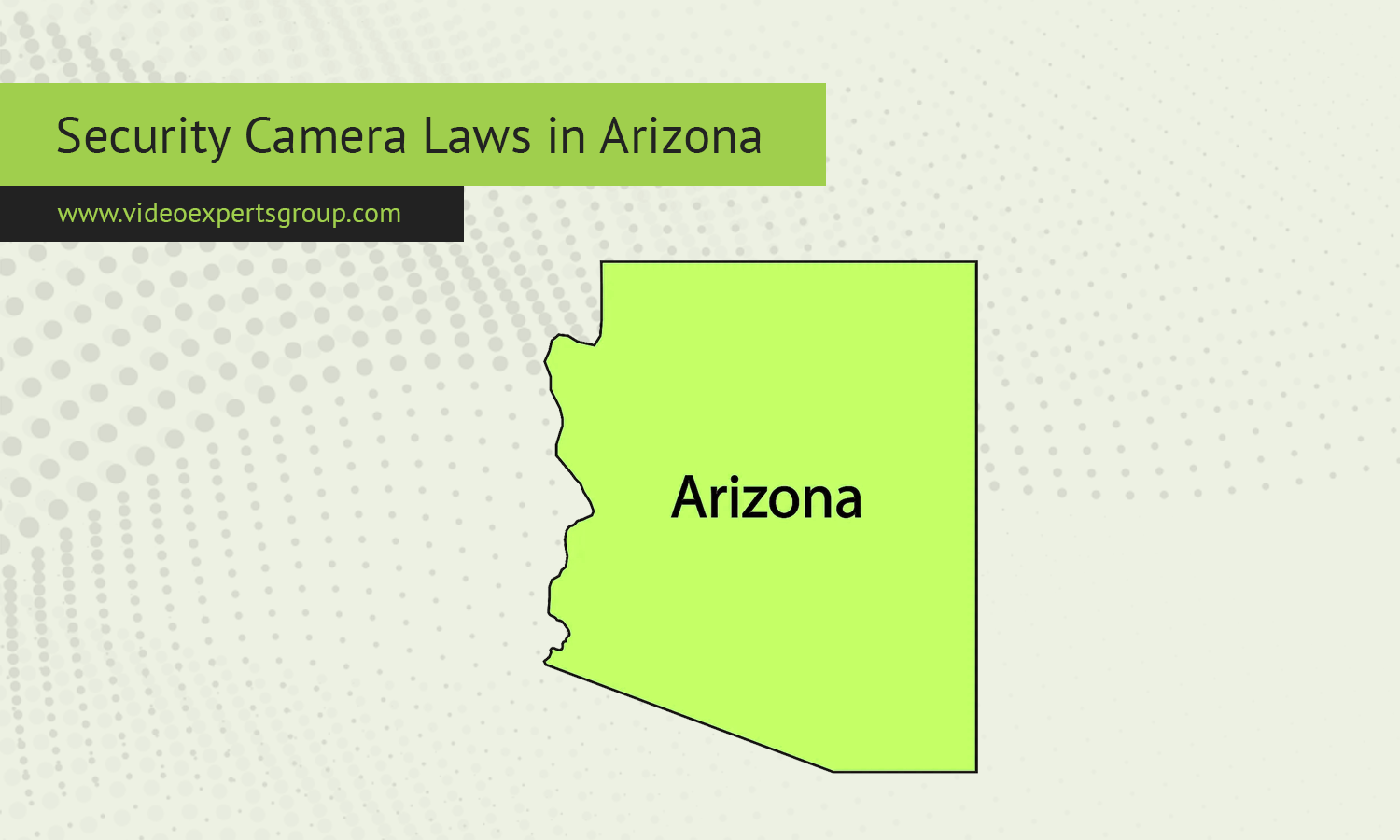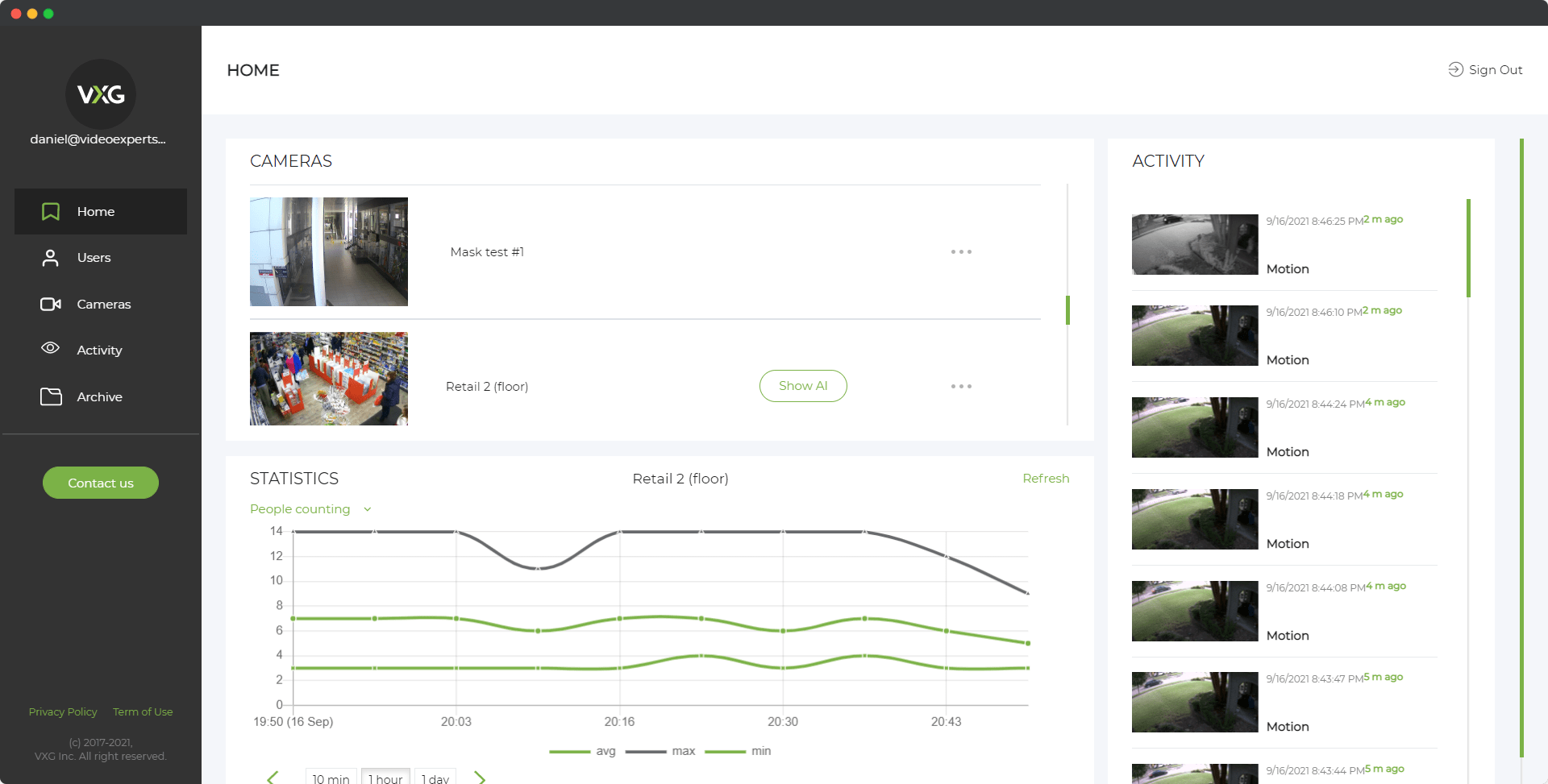In Arizona, the use of security cameras is governed by laws that balance property owners' rights to protect their premises with individuals' rights to privacy. Understanding these regulations is crucial for anyone considering installing surveillance equipment in the state.
Legal Framework for Security Cameras in Arizona
Arizona law permits the installation of security cameras on private property; however, certain restrictions apply to protect individual privacy rights.
Reasonable Expectation of Privacy
It is illegal to photograph, videotape, film, or digitally record individuals without their consent in locations where they have a reasonable expectation of privacy, such as restrooms, bathrooms, locker rooms, bedrooms, or any other location where individuals are undressing, nude, or engaged in personal activities. Violating this law is a serious offense and can result in legal penalties.
One-Party Consent for Audio Recording
Arizona is a one-party consent state regarding the recording of oral communications. This means that you can legally record a conversation if you are a participant or have obtained consent from at least one involved party. Recording conversations without such consent is unlawful and can lead to fines or criminal charges.
Placement of Security Cameras
When installing security cameras, it's essential to consider both legal requirements and community standards.
Residential Properties
Homeowners are generally allowed to install security cameras on their property. However, these cameras should not intrude upon areas where neighbors have a reasonable expectation of privacy, such as bedrooms or bathrooms. It is advisable to position cameras to monitor your property without capturing private areas of neighboring properties.
Apartment Complexes
Property owners can install surveillance cameras in common areas where residents do not expect privacy, such as entrances, parking lots, hallways, and lobbies. However, installing cameras in areas like bathrooms, changing rooms, or laundry rooms, where residents expect privacy, is prohibited. Additionally, tenants should consult their lease agreements and property management before installing personal cameras, as some complexes may have policies restricting such installations.
Workplace Surveillance
Employers in Arizona may use video surveillance for legitimate business purposes, such as ensuring safety and security. However, they must avoid monitoring areas where employees have a reasonable expectation of privacy, like restrooms or locker rooms. It's best practice for employers to inform employees about surveillance practices to maintain transparency and trust.
Public Surveillance
Public surveillance cameras operated by law enforcement or government agencies must comply with federal and state laws. These agencies often have their own policies and procedures governing the use of surveillance equipment to ensure compliance with legal standards and protect citizens' privacy rights.
FAQs
Understanding and adhering to Arizona's security camera laws ensures that surveillance practices respect individual privacy rights while enhancing safety and security.
















